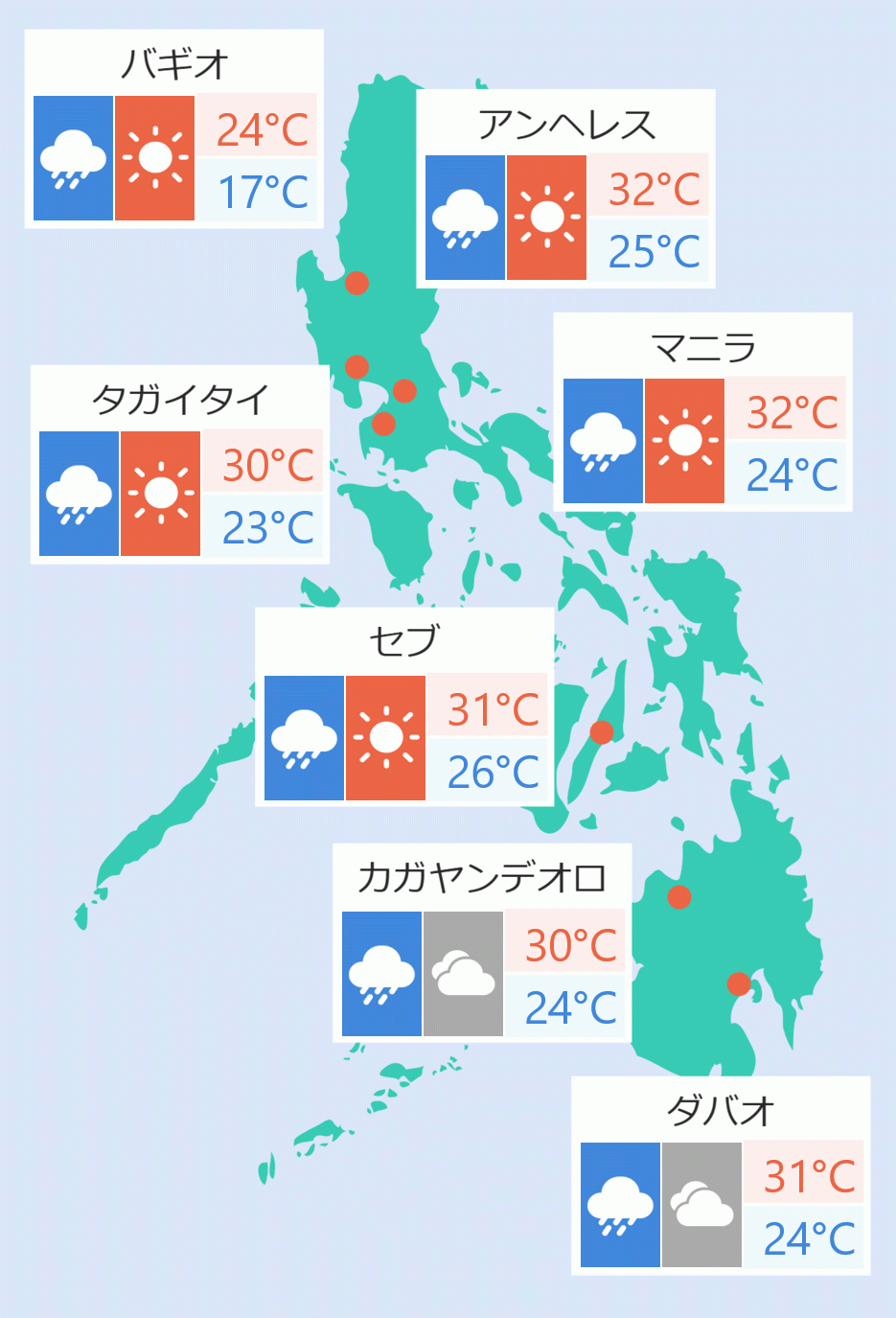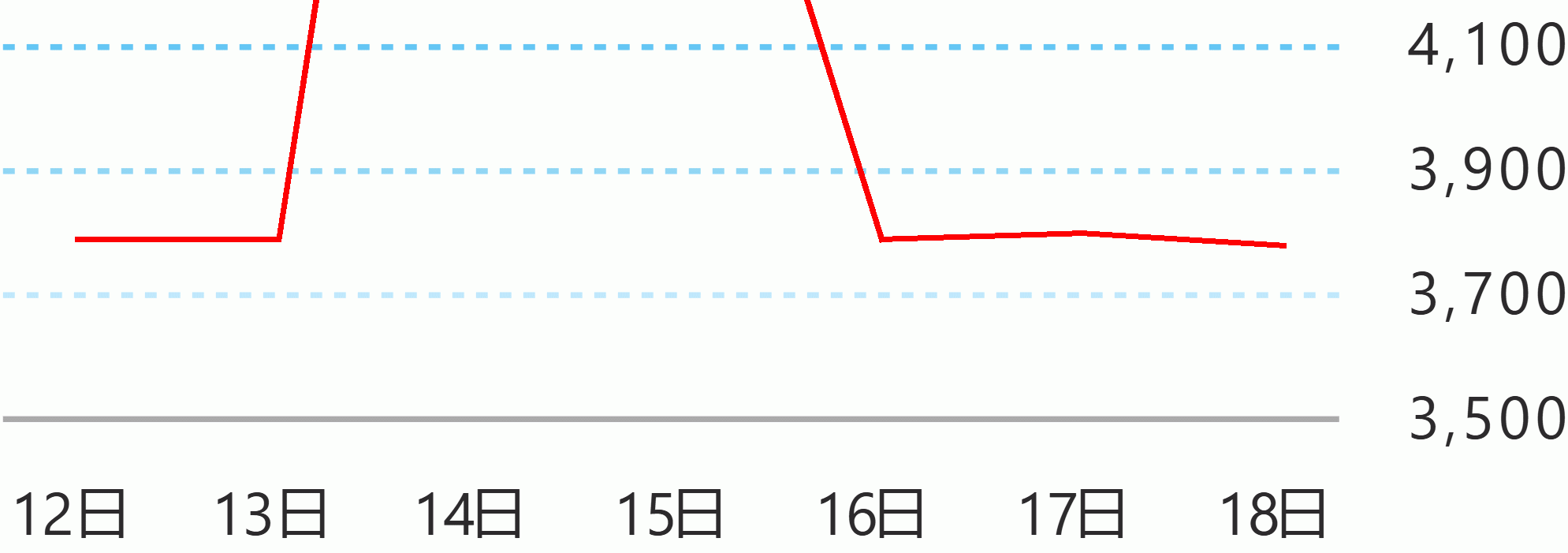As the Philippines moves to strengthen its space technology development, the Japan International Cooperation Agency (JICA) announced its support to help build the country’s
human resource capability in the space technology field.
The Philippines has so far successfully launched its first microsatellite DIWATA-1 and 2 under the Department of Science and Technology (DOST) and University of the Philippines with assistance from Japan’s Tohoku University and Hokkaido University.
Since its launch, such space technology has been tapped for the Philippines’ extreme weather monitoring initiatives.
This year, despite the threat of COVID-19, JICA through its Knowledge Co-Creation Program (KCCP) sent its first Filipino scholar to join the Program on Human Resource Development
(HRD) for Space Technology Utilization to study space technology with Japan’s leading universities, Japan Aerospace Exploration Agency (JAXA), and JICA.
“COVID-19 has disrupted all major economies. Supporting human resource development in space technology utilization will enhance knowledge-sharing when it comes to finding answers to our common development problems,” said JICA Philippines Senior Representative Ohshima Ayumu.
“We’ve seen how the Philippines’ first microsatellite added value to extreme weather monitoring approaches. By sending young Filipinos to learn from Japan’s experience in space
technology innovation then we can enhance disaster management, environment protection, and
other development areas that matter to our countries.”
The KCCP course on space technology utilization is part of the JICA-JAXA Network for Utilization of Space Technology (JJ-NeST) that aims to develop core human resources in space
technology and consequently contribute to the Sustainable Development Goals (SDGs).
Charleston Dale Ambatali, a faculty of the UP Electrical and Electronics Engineering Institute (UPEEI), was chosen under the KCCP to join the program.
He will be completing a doctorate degree in aeronautics and astronautics at the University of Tokyo Graduate School of
Engineering.
UPEEI hosts the Stamina4Space Program, successor to the Philippine microsatellite program, and which focuses on developing human resources for nanosatellite
development.
“Through the scholarship, I look forward to enhancing my research capability in space development and lead projects to promote a better quality of life for many Filipinos. Since
most marginalized communities live in rough, underdeveloped terrains, I aim to design radars
on unmanned aerial vehicles to survey these communities and address their problems,” said Ambatali.
As faculty, Ambatali has helped develop elective courses on satellite systems and was previously assigned to work in the Philippine microsatellite program.
“When I return to the Philippines, I also envision myself to be mentoring young students on satellite development, and contributing to the growth of the space program in my country,” added Ambatali.
JICA, through the KCCP, has been sending young Filipinos to study in leading Japanese universities and to support human resource development in the Philippines. JICA





 English
English









